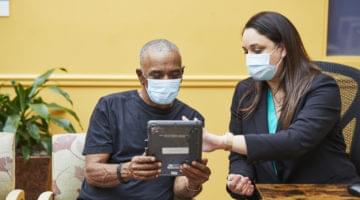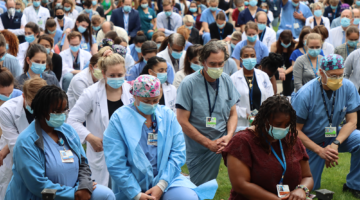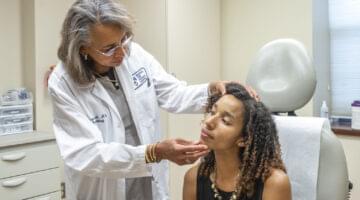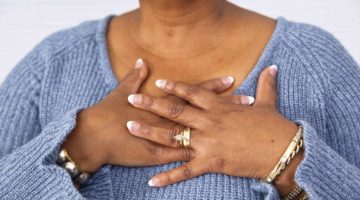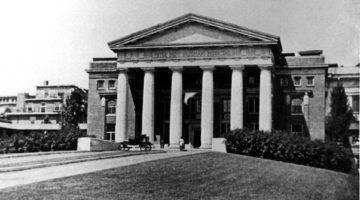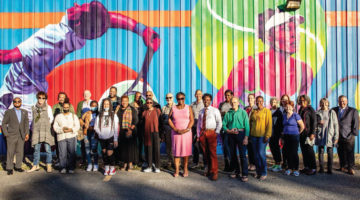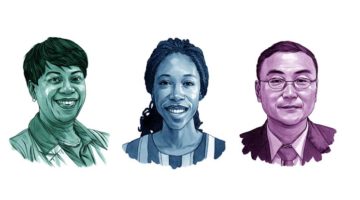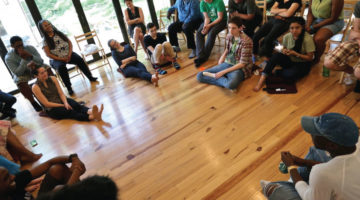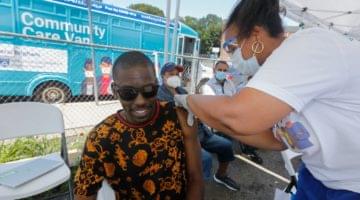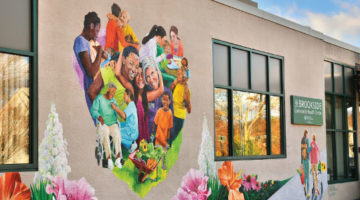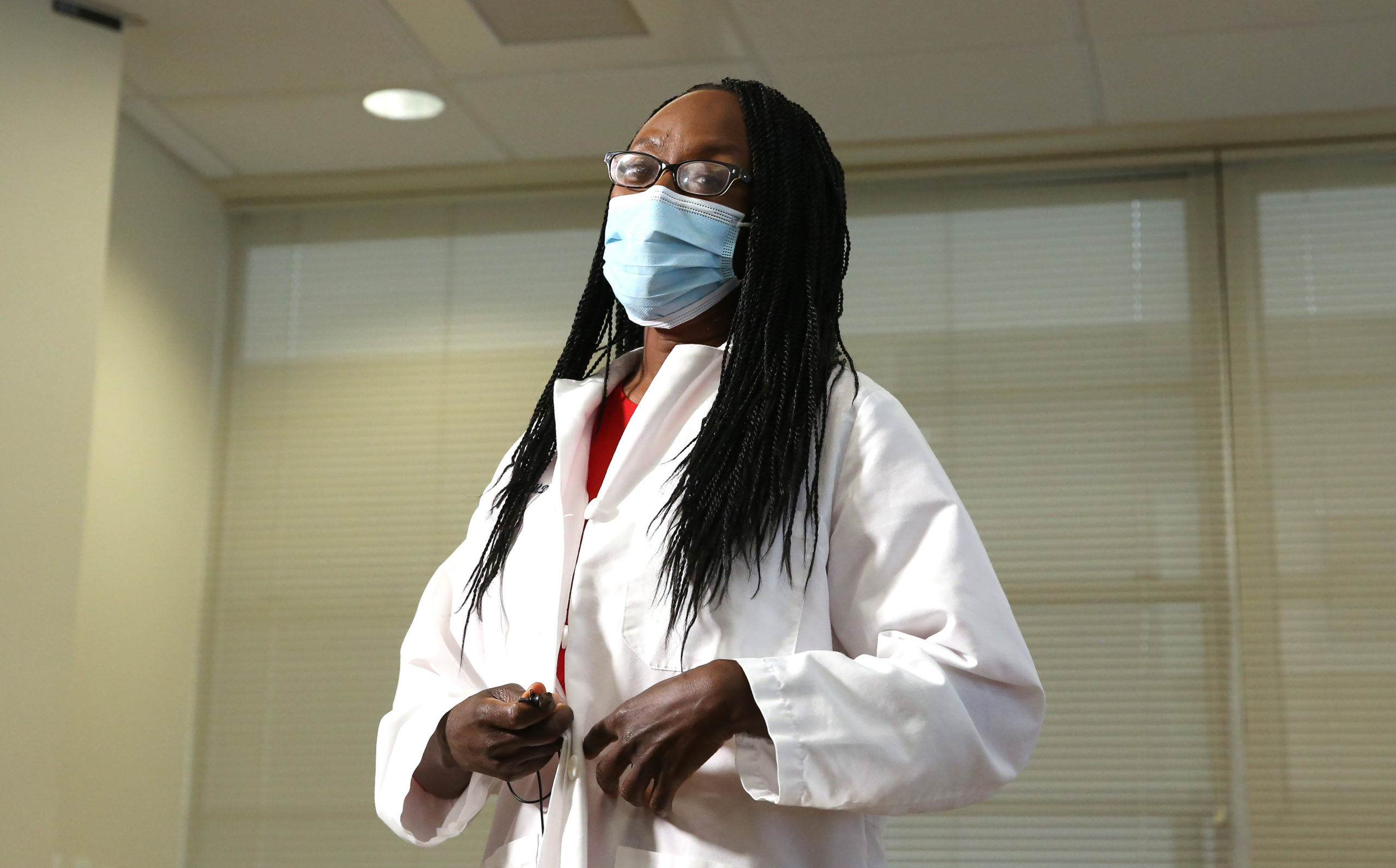
What do food security, stable housing, secure employment, and quality childcare have to do with clinical trials? When it comes to making sure a vaccine is safe and effective for everyone, they mean everything.
Since launching the COVID-19 vaccine trial in July, the Brigham’s study team has prioritized enrolling patients representing the diversity of the overall population—an imperative for stopping a virus disproportionately impacting communities of color.
We’ve been able to build on the foundation of trust the Brigham has established in the community by providing excellent healthcare, as well as by caring for the whole person—not just medical issues, but social issues as well.
– Paulette Chandler, MD, MPH
Paulette Chandler, MD, MPH, a primary care physician and researcher leading the trial’s community engagement and education efforts, says ensuring a diverse study population doesn’t happen on its own; it takes a commitment to meeting people where they live, work, and socialize, and giving back to those communities.
“We’ve been able to build on the foundation of trust the Brigham has established in the community by providing excellent healthcare, as well as by caring for the whole person—not just medical issues, but social issues as well,” Chandler says. “We have to continue to think about how we want to develop relationships and foster reciprocity, so people aren’t just participating in a research study and getting nothing back, but they feel like they are benefiting from the experience.”
Chandler and other experts acknowledge exploitative medical research practices in the past have earned deep distrust and suspicion of people from marginalized communities.
“Imagine a scenario where you are often last in line and suddenly someone says, ‘Now you can move to the head of the line,’” says Wanda McClain, the Brigham’s vice president of Community Health and Health Equity. “Do you trust that, or do you ask why? Our desire to ensure the equitable distribution of the COVID vaccine can be met with skepticism by those who have been historically disadvantaged. Some might wonder, ‘Am I being used as a guinea pig?’”
McClain says the Brigham’s long-standing partnerships in the Boston community, such as with the Roxbury Tenants of Harvard and the Sportsmen’s Tennis and Enrichment Center in Dorchester, are building back that lost trust. Teams of clinicians and volunteers have distributed food, set up flu shot clinics, helped families find affordable housing, and performed other services to improve the health and well-being of communities and restore faith in healthcare.
“This will take comprehensive work over time,” says McClain. “We need to invest in these communities for the long haul, because it takes much longer to build trust than it does to lose it. When more people trust and agree to take a vaccine, it benefits all of us.”


